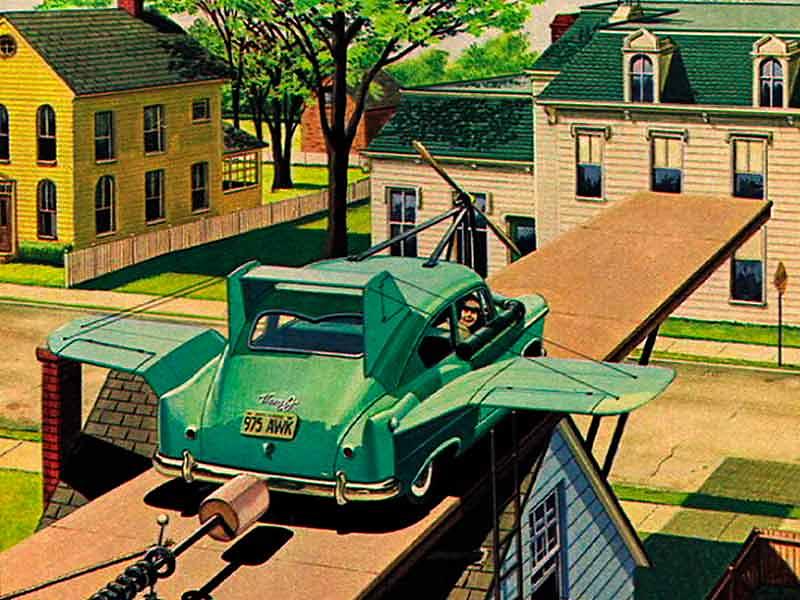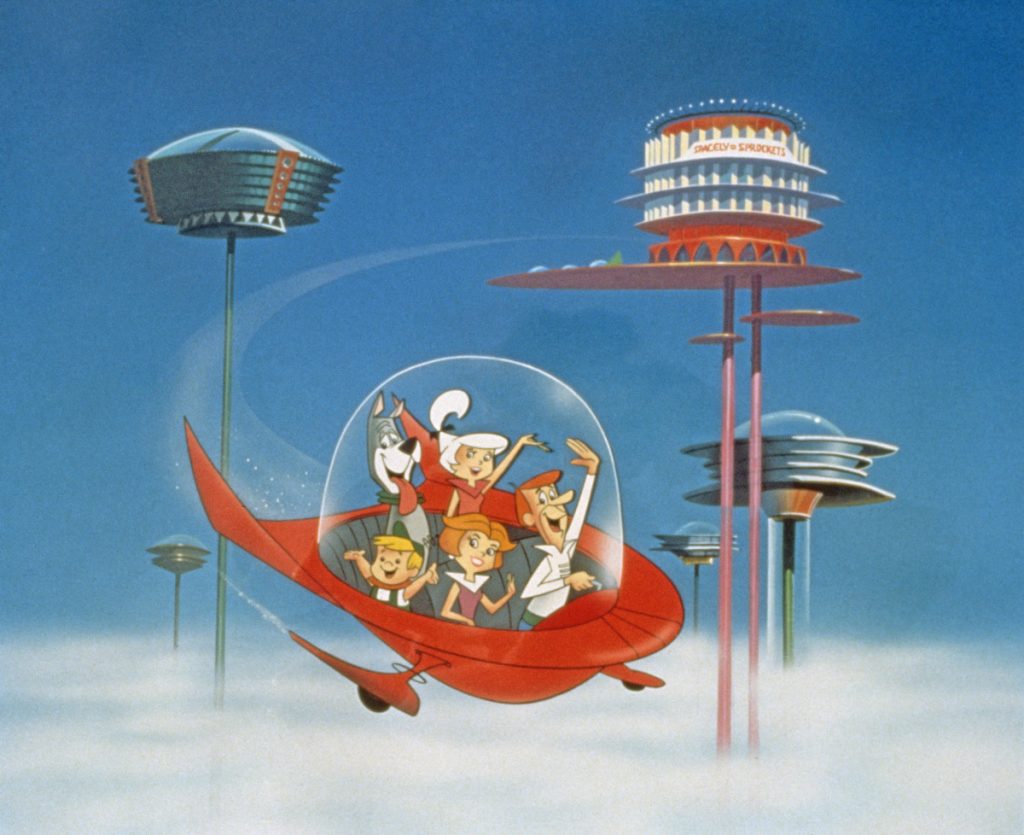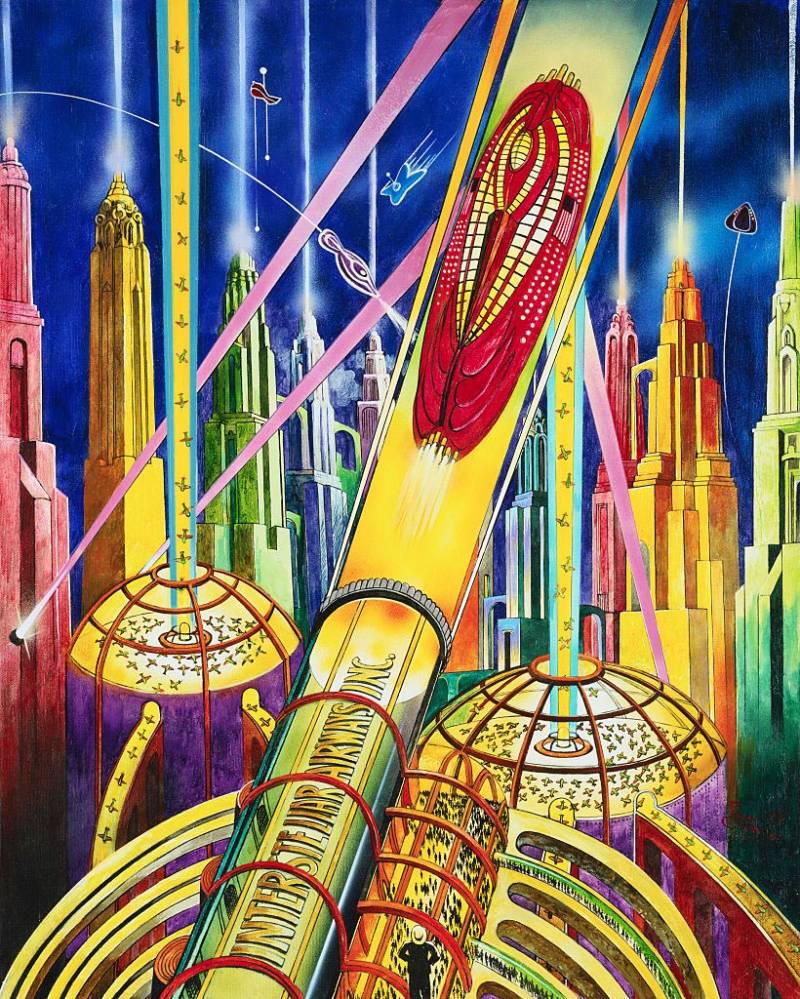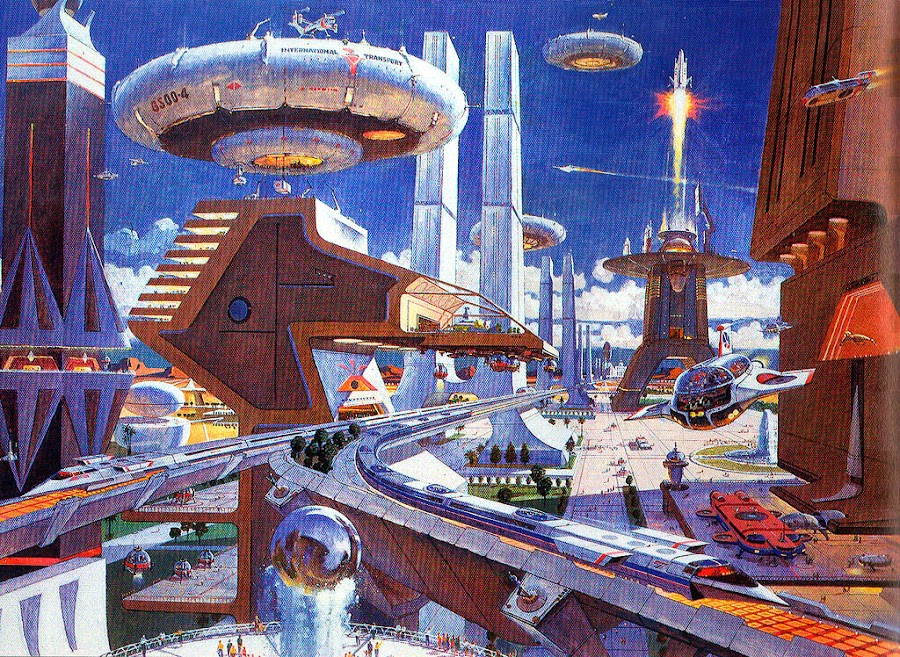
This week, I chose to analyse Moog music. I’d previously heard one or two tracks and was fascinated by the almost space-agey sound of the genre. So this exercise gave me an excuse to dive deeper into that and learn more.
I began my research by listening to artists such as Raymond Scott and the Manhattan Research Inc, Mort Garson, Isao Tomita and Wendy Carlos. One thing that immediately stuck out to me is that it clearly reflected the retro-futurism movement of the 60s, and the fascination people of the time had with space and technology. Bob Moog had created a ‘revolutionary new system’ which in a way brought together great minds and gave them a complex and experimental way to create music; there’s almost a culture around the Moog synthesiser. I believe that this relates directly to retro futurism, even if Bob Moog didn’t intend for it to happen.
“Everything has some consciousness, and we tap into that. It is about energy at its most basic level.:
Robert Moog.
At the time of its invention, nobody had ever seen or heard anything like the Moog synthesiser before, I believe that because of its newness it was seen as futuristic, especially at a time when people were obsessed with the future and how it would play out. I’m not sure where the obsession stemmed from but it seems that whilst everyday society was uninterested in itself, the Moog synth gave the opportunity to create something otherworldly. I find it interesting how different artists approached this new technology, Wendy Carlos and Isao Tomita covered classical songs with a new twist, whereas Raymond Scott (who Bob Moog considered to be an influence) established the Manhattan Research, which he described as “More than a think factory—a dream center where the excitement of tomorrow is made available today.”
I think it’s important to recognise the technological and cultural impact that the Moog synthesiser had and I’m glad I had the opportunity to research and listen to its music. I don’t think it would matter if we all lived on mars by next year, to me, nothing will ever sound as futuristic or space-agey as Moog music from the 1960s.





Chusid, Irwin (2000). Manhattan Research Inc (CD book). Raymond Scott. Holland: Basta Audio/Visuals. p. 25
Moog Music (2017). The Early Years Of The Moog Synthesizer. Available at https://www.moogmusic.com/news/early-years-moog-synthesizer
